During a hectic week in Washington, many observers missed a mini-summit that took place. Secretary of State Marco Rubio hosted foreign ministers from Australia, India and Japan in the second meeting of the “Quad” grouping of Indo-Pacific powers during President Donald Trump’s second term. Some analysts are cynical about the efficacy of the bloc at a time when the Trump administration is locked in bruising trade negotiations with all three countries. The main outcome of this session was an agreement around an initiative to strengthen and diversify supply chains for critical minerals — an implicit attempt to decrease reliance on China for these resources. For Australia, there is the more immediate strategic concern of an ongoing Pentagon review of AUKUS, the major three-party agreement between the United States, Britain and Australia to retrofit existing U.S. nuclear-powered submarines for Australia and later deliver a new generation of subs. The pact was forged by the Biden administration, and has its detractors in both Washington and Canberra. In the U.S., there are growing concerns that American military production is too slow for its own needs to compete with China’s expanding navy — let alone that of Australia — and that the U.S. can’t afford to part with its own submarines in the next decade, as stipulated in the agreement. In Australia, critics fear its spiraling costs and doubt the U.S.’s ability to deliver the vital vessels in accordance with the current schedule. Former prime minister Malcolm Turnbull, an outspoken critic of AUKUS whose own earlier deal for French submarines was scuttled by the agreement, has warned that the “America First” zeitgeist could leave Australia with no new submarines in the coming years as its own fleet ages out. But Australian officials are still confident that the deal will bear fruit. On Wednesday, I spoke with Australian foreign minister Penny Wong in Washington about the support the agreement has and what sort of effect Trump’s return to power has had on relations with Canberra. Our conversation was edited for clarity and brevity. WorldView: What’s the case for AUKUS? Penny Wong: AUKUS is a value proposition for all three partners. It’s a good deal for the United States. It’s a good deal for Australia. It’s a good deal for the United Kingdom. This is a partnership that many governments, many administrations, many politicians of different political views, all have to work together to deliver over many decades. But what it provides is additional capability for all three governments at a time where we see China engaged in a very large military buildup. So what does AUKUS mean for the United States? Well, it increases your build capacity and your maintenance capability. If we invest in the U.S. industrial base, which gives the United States more jobs and more output, that’s a good thing. We invest in Australia, in a facility that enables us to maintain your submarines. So that contributes to reducing your maintenance backlog, which puts more American submarines in the water more quickly. So we see it as a win-win for all parties. We’re very happy to engage with the administration through the process of this review. We understand a new administration would want to look at it and make sure that it’s a partnership and a program that works for it, but we’re confident that the fundamental benefits of AUKUS can be demonstrated, and we certainly are appreciative of the bipartisan support we have on the Hill. Given the unpredictability of this administration and Trump’s penchant to turn on allies, shouldn’t Australia have a Plan B? We’re confident of the value proposition that this represents. The strategic rationale is to assure peace, to prevent conflict. We know what deterrence is about, making sure that any potential aggressor comes to the assessment that the risk outweighs the benefits. And AUKUS is a contribution to that. The U.S. has had a long history in the Pacific, including in World War II — a great deal of American sacrifice. The U.S. is a Pacific power. This is a contribution to that power. How do you see the evolving challenge of China? You’ve talked about it as a “permanent contest.” Secretary Rubio said the future of the 21st Century will be shaped in the Indo-Pacific. I agree with that analysis. And there’s no doubt China, as a great power, is asserting its interests much more overtly. The challenge for Australia is that many of the interests it’s pursuing are not the same as our interests. We want a region in which our sovereignty and the sovereignty of all nations is respected, and we want a region where no single power dominates. When the Trump administration puts out targets it expects for Australian defense spending, is that a sign of your sovereignty being respected? Australia’s defense budget wasn’t raised with me [by Rubio] yesterday. We have engaged in the largest peacetime increase in defense spending that Australia has seen. We have funded and will continue to fund additional capabilities. Of course, the United States is our principal strategic partner. We’ll always have a conversation with them about the capabilities that we believe are needed. How disruptive are Trump’s tariffs — including steep levies on steel and aluminum — on the U.S.-Australian relationship? President Trump envisages a different role for America and the world, and we understand that we’re going to have issues on which we have a different view, but we also respect that he’s been elected with a very clear mandate about how he is going to approach trade policy. We are a country that America has a trade surplus with — the U.S. does better than Australia out of the trade relationship. | 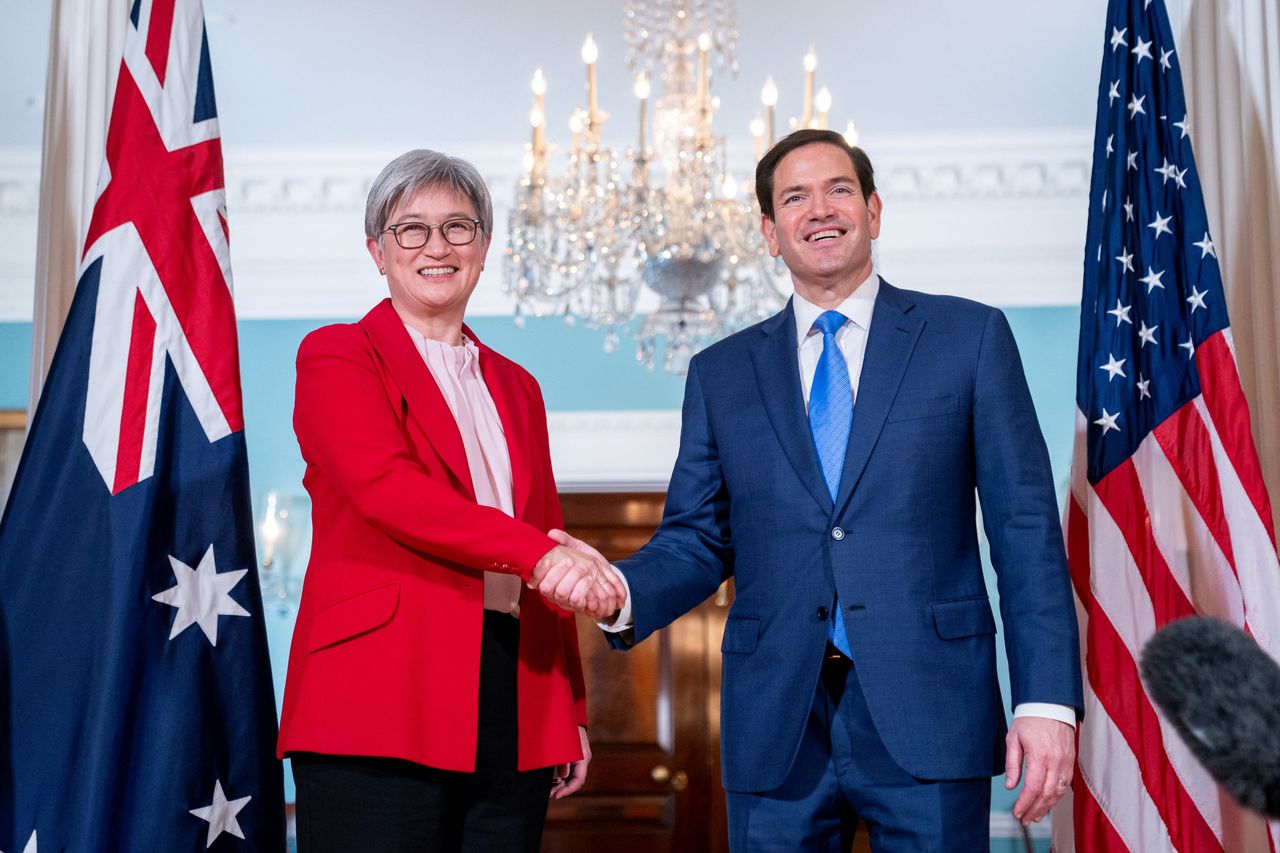
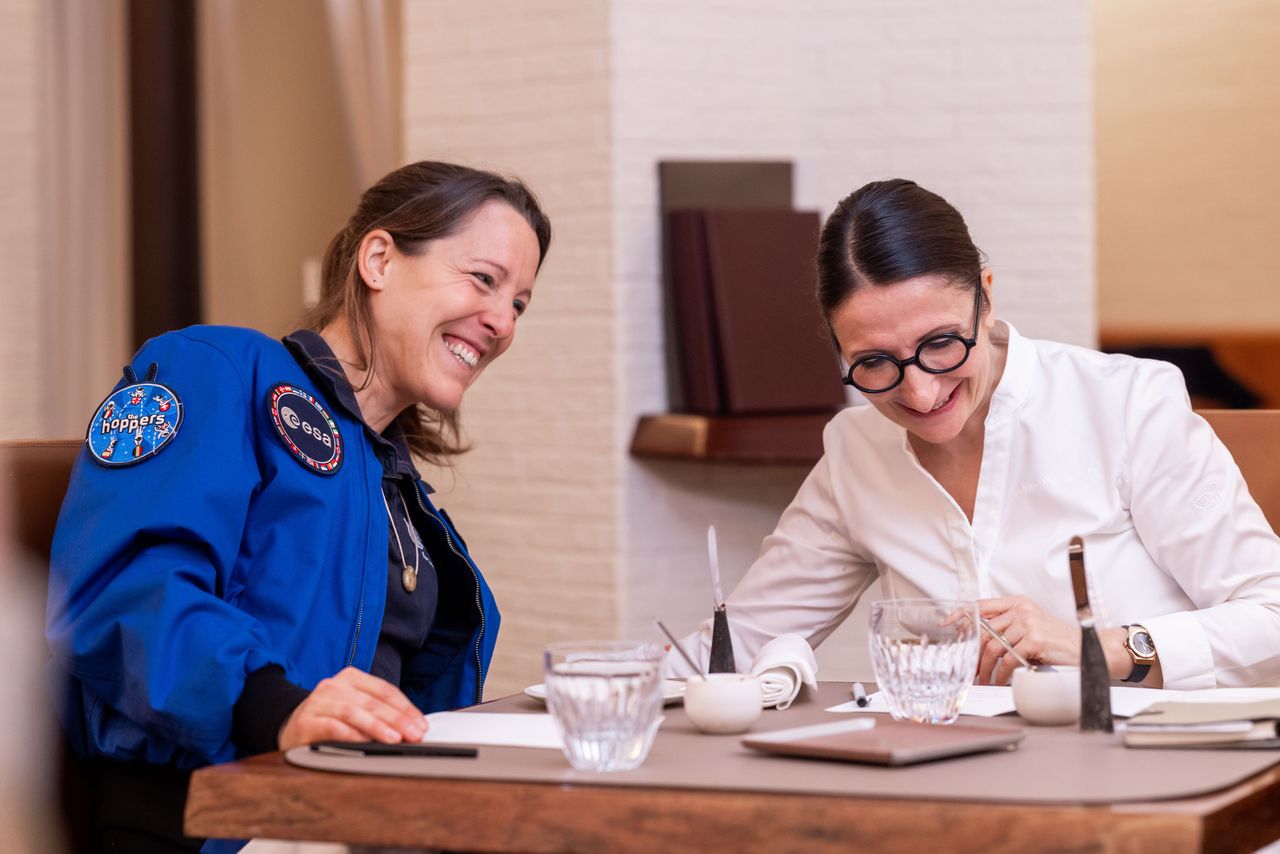
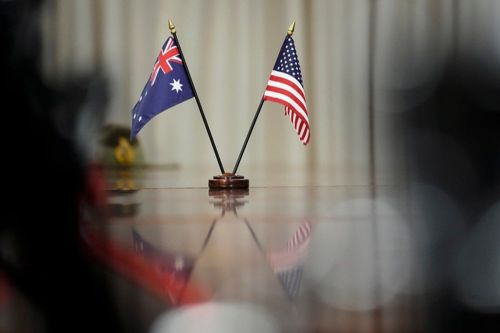


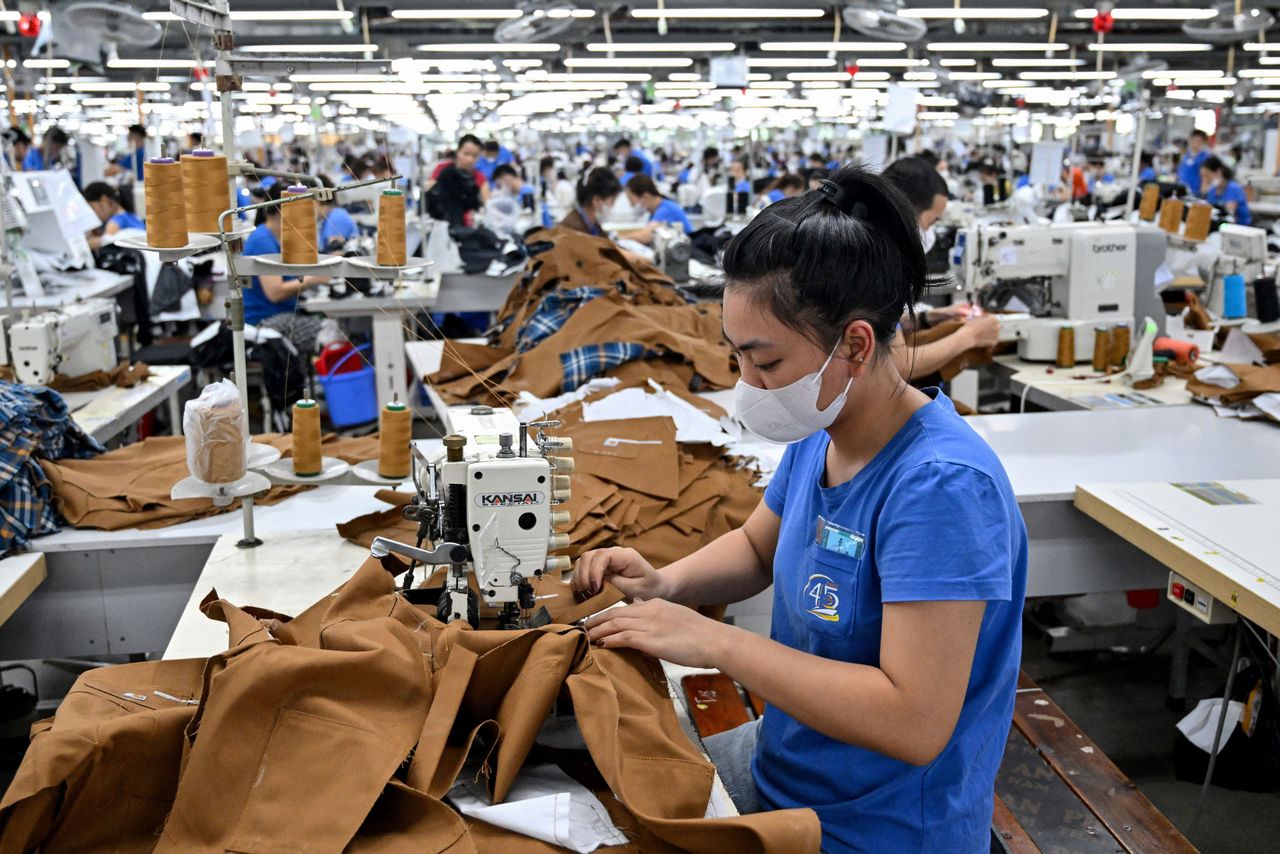
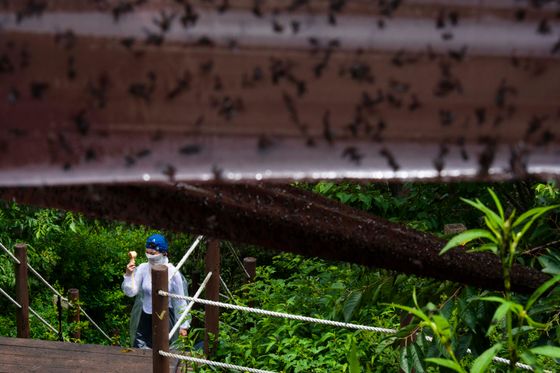






Comments
Post a Comment
Welcome to my geopolitics blog site. This is a Hawaii Island news site focusing on geopolitical news, analysis, information, and commentary. I will cite a variety of sources, ranging from all sides of the political spectrum.